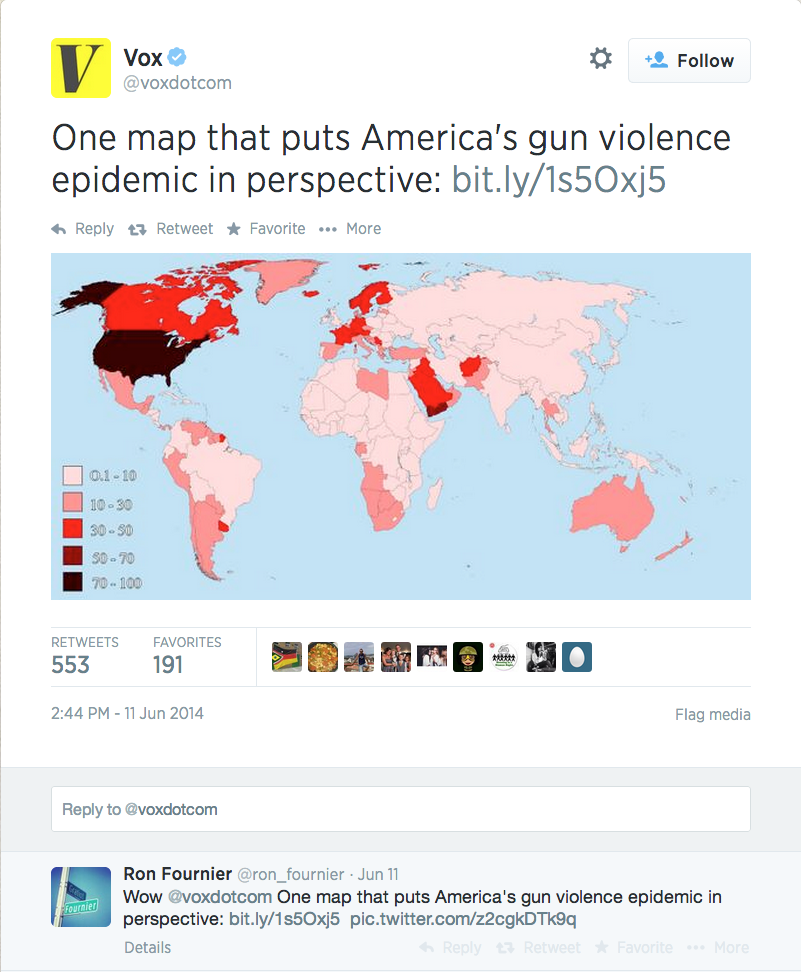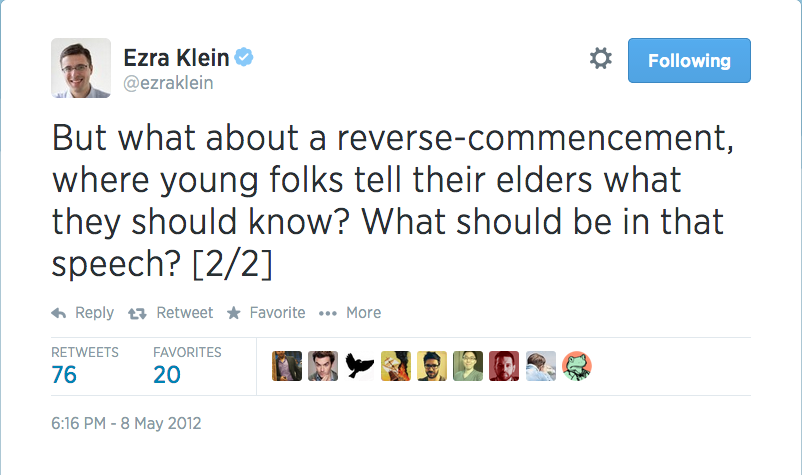Pope Francis has joined with Christians facing genocide in Iraq and Syria, calling upon the world to make an armed response to the Islamic State. He has asked the world to "stop these crimes" and called for the use of "a professional, well-equipped army."
Highlights
By Catholic Online (NEWS CONSORTIUM)
Catholic Online (www.catholic.org)
8/11/2014 (3 hours ago)
Published in Middle East
LOS ANGELES, CA (Catholic Online) - You know a situation is bad when a pope calls for an armed response. Pope Francis, widely appreciated as a practical and realistic man, is not just calling for a cease-fire or negotiations. Instead, he is inviting an armed response to the terrorism of the Islamic State.
Such a call is virtually unprecedented for a pontiff in modern times, but our age is an extraordinary one and the Islamic State has no interest in a bargaining table. Instead, the Islamic State is bent on genocide and barbarism, ruthlessly exterminating anyone who opposes them.
Join our list now to follow these developments and help those in need.
On Sunday, Pope Francis said he held "dismay and disbelief" over what is happening in Iraq. He called the Islamic State fighters terrorists and said there was a need for "a professional, well-equipped army." "The situation is going from bad to worse," he warned.
Meanwhile, Pope Francis was not the only cleric calling for swift and decisive action to end the genocide in Iraq. The Episcopal Vicar of Iraq, Canon Andrew White, managed to visit the town of Qaraqosh under cover and personally assess the situation in that community following Islamic State capture.
His words are chilling. "Today, Qaraqosh stands 90 per cent empty, desecrated by the gunmen of the fanatical Islamic State terror group now in control. The majority of the town's 50,000 people have fled, fearing that, like other Christians in this region, they will be massacred.
"The militants, in a further act of sacrilege, have established their administrative posts in the abandoned churches."
Canon White reported that one woman had her finger hacked off after she could not remove her wedding ring fast enough. A caretaker of one of White's parish churches in the community said his youngest son, aged five, was hacked in half as he watched.
A child, just five years old, hacked in half alive, before his father. The boy happened to be named Andrew, after the vicar himself.
The atrocities are real. The genocide is real. That the press barely reports on them is absolutely baffling. However, even the most religious, peace-loving figures are recognizing that this is not a usual evil. Normally, conflicts arise because of ancient grievances and they can be talked over and hashed out. Warring factions tire of burying their sons and eventually dialogue and other pressures forces peace.
However, the Islamic State has recruited fighters from most of the world's nations and more arrive every day. They are motivated by an aggressive, rabid interpretation of Islamic scriptures. Most notably, they are consumed with bloodlust and willing to commit and publicize every atrocity. This attracts sadistic men from across the Islamic world to their cause who commit even more atrocities.
Watch U.S. forces dispatch justice to Islamic State terrorists. [Video, redirects.]
These men don't have to be told what to do. They murder on their own accord, for pleasure.
Where is the rest of the world? Where are the UN resolutions? Where are the condemnations from the world's Islamic countries? Saudi Arabia? Where's the edict or the fatwa? Why isn't the world combining forces against these terrorists?
This is the purest form of evil the planet has seen in generations. They cannot be reasoned with. As all Christians do have a recognized right to self-defense in the face of an existential threat, the time has come for all Catholics to join with Pope Francis and the Christians of Iraq and Syria in 'Prayer and Action' with the intent of ridding the world of the evil of the Islamic State.
Such a call is virtually unprecedented for a pontiff in modern times, but our age is an extraordinary one and the Islamic State has no interest in a bargaining table. Instead, the Islamic State is bent on genocide and barbarism, ruthlessly exterminating anyone who opposes them.
Join our list now to follow these developments and help those in need.
On Sunday, Pope Francis said he held "dismay and disbelief" over what is happening in Iraq. He called the Islamic State fighters terrorists and said there was a need for "a professional, well-equipped army." "The situation is going from bad to worse," he warned.
Meanwhile, Pope Francis was not the only cleric calling for swift and decisive action to end the genocide in Iraq. The Episcopal Vicar of Iraq, Canon Andrew White, managed to visit the town of Qaraqosh under cover and personally assess the situation in that community following Islamic State capture.
His words are chilling. "Today, Qaraqosh stands 90 per cent empty, desecrated by the gunmen of the fanatical Islamic State terror group now in control. The majority of the town's 50,000 people have fled, fearing that, like other Christians in this region, they will be massacred.
"The militants, in a further act of sacrilege, have established their administrative posts in the abandoned churches."
Canon White reported that one woman had her finger hacked off after she could not remove her wedding ring fast enough. A caretaker of one of White's parish churches in the community said his youngest son, aged five, was hacked in half as he watched.
A child, just five years old, hacked in half alive, before his father. The boy happened to be named Andrew, after the vicar himself.
The atrocities are real. The genocide is real. That the press barely reports on them is absolutely baffling. However, even the most religious, peace-loving figures are recognizing that this is not a usual evil. Normally, conflicts arise because of ancient grievances and they can be talked over and hashed out. Warring factions tire of burying their sons and eventually dialogue and other pressures forces peace.
However, the Islamic State has recruited fighters from most of the world's nations and more arrive every day. They are motivated by an aggressive, rabid interpretation of Islamic scriptures. Most notably, they are consumed with bloodlust and willing to commit and publicize every atrocity. This attracts sadistic men from across the Islamic world to their cause who commit even more atrocities.
Watch U.S. forces dispatch justice to Islamic State terrorists. [Video, redirects.]
These men don't have to be told what to do. They murder on their own accord, for pleasure.
Where is the rest of the world? Where are the UN resolutions? Where are the condemnations from the world's Islamic countries? Saudi Arabia? Where's the edict or the fatwa? Why isn't the world combining forces against these terrorists?
This is the purest form of evil the planet has seen in generations. They cannot be reasoned with. As all Christians do have a recognized right to self-defense in the face of an existential threat, the time has come for all Catholics to join with Pope Francis and the Christians of Iraq and Syria in 'Prayer and Action' with the intent of ridding the world of the evil of the Islamic State.











